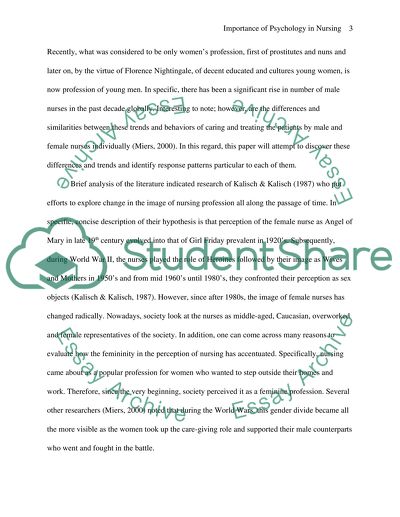Cite this document
(“Importance of psychology in nursing and how gender plays a role Dissertation”, n.d.)
Retrieved from https://studentshare.org/family-consumer-science/1415100-importance-of-psychology-in-nursing-and-how-gender
Retrieved from https://studentshare.org/family-consumer-science/1415100-importance-of-psychology-in-nursing-and-how-gender
(Importance of Psychology in Nursing and How Gender Plays a Role Dissertation)
https://studentshare.org/family-consumer-science/1415100-importance-of-psychology-in-nursing-and-how-gender.
https://studentshare.org/family-consumer-science/1415100-importance-of-psychology-in-nursing-and-how-gender.
“Importance of Psychology in Nursing and How Gender Plays a Role Dissertation”, n.d. https://studentshare.org/family-consumer-science/1415100-importance-of-psychology-in-nursing-and-how-gender.


